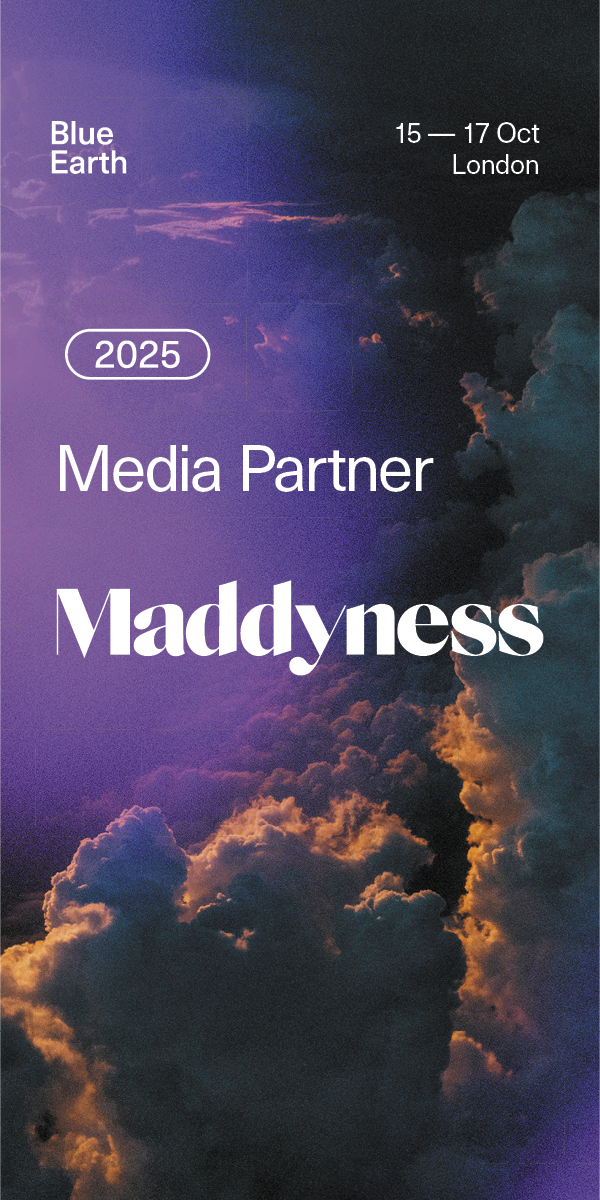For some those who suffer from long COVID, the anxieties and illnesses they have faced during the pandemic are still ongoing. Still a very new disease, symptoms are poorly defined and differ between those who suffer from it.
But research suggests the condition is not uncommon among those who have suffered from COVID-19. New data from the Office for National Statistics (ONS) revealed that over 1.2M people in the UK were suffering from long COVID symptoms – that’s over 1% of the total population.
Plus, 64% of those with symptoms admitted it affected their day-to-day activities, while a further 19% said these activities were limited by the condition.
For founders and business owners who suffered from long COVID, this created immense challenges, as they tried to keep themselves healthy and their businesses afloat.
We caught up with two founders who have suffered from long COVID – and still show symptoms – to understand their anxieties as innovators and leaders in the startup space.
Mitchell Platt, 31: WeFill
WeFill founder Mitchell Platt caught COVID in December 2019 while still working as a general manager at global edtech Growth Tribe.
“I used to travel quite a lot, and I caught COVID in the airport early on,” he said. “I remember it because I was just so unwell.”
It wasn’t until Mitchell tested positive for COVID antibodies after his symptoms persisted that he was advised by his GP that he was suffering from long COVID.
“I had insane headaches and heart palpitations. Then, every two weeks, I would have burnouts and have to go to bed for a couple of days. I would describe it as falling off a cliff – I couldn't predict it at all.”
Describing himself as a fit and active person who cycled to work meetings around London, Mitchell said the worst part of the regular burnouts was the lack of momentum and energy he could muster, and the anxiety and frustration this caused him.
“As a senior leader, I had a lot of meetings. I would be prepping the day before and then on the morning, I’d have to send a text saying I can't do anything today. It completely undermined a lot of our relationships with clients,” he said.
“I created a lot of anxiety for myself. It was all in my own head that I was letting people down, and it got worse because what really started to affect me was my mental health.”
After being made redundant in April of this year, Mitchell took time off to focus on his own physical and mental health before channelling the new energy he built up into launching his own sustainable delivery startup, WeFill, in August.
Admitting that he feels “80%” of the way to feeling better, Mitchell is confident that suffering from long COVID made him reassess his priorities.
“One of the things that I look back on and I’m grateful for is that it has given me a really different perspective on my health and wellbeing, that I wouldn't have had before,” said Mitchell. “My actions when I first got the virus exemplify this – I just didn't stop. If I got a virus now, I would take some time off and look after myself.”
Faye Wilson, 44: Happier Beauty
Founder of eco-friendly toothpaste startup Happier Beauty, Faye Wilson caught COVID in March 2020 and still suffers with ongoing symptoms.At her worst point, she lost consciousness at the dinner table and was unable to walk.
“I wasn't concerned when I first caught COVID as I assumed I would be alright and recover quickly,” she said. “Four weeks later, I was still struggling to breathe and my husband had to call an ambulance as I had collapsed.”
After a successful launch of her sustainable startup, Faye said it was “devastating” that she had to pause some of the activity. “I was so weak I could barely lift my arms above my head,” she said. “My mother helped enormously to keep the business ticking along, but I was itching to get back to it as soon as I was well enough. Whenever I started to feel better and tried even just slightly exerting myself, I would relapse all the way back to square one in my recovery. It was immensely upsetting and frustrating.”

Faye was diagnosed with long COVID eight months after testing positive for the airborne virus, and was later diagnosed with chronic fatigue syndrome.
“I was worried I might be ill for years and not be able to fulfil my dreams,” she said.
But alongside her family, Faye said her business gave her purpose and a goal to strive for. Though still recovering from ongoing symptoms, she is now able to work more or less full time.
“Making a difference to climate change and seeing the ideas I have for the business come into fruition is so important to me,” said Faye. “It gave me a purpose and goal to aim towards once I was well enough. Without it, I might have given up altogether.”
Disappointed with the lack of government-backed research into the condition and support for those who suffer from it, Faye is hopeful that talking about her experience will help others who suffer from the condition.
“The resources that are available are very limited. In comparison to the US, who have pledged £1.15B to long COVID research, the UK government has only devoted a few million,” she said.
“I hope by telling my story, we can start to make a difference to long COVID being taken more seriously.”










